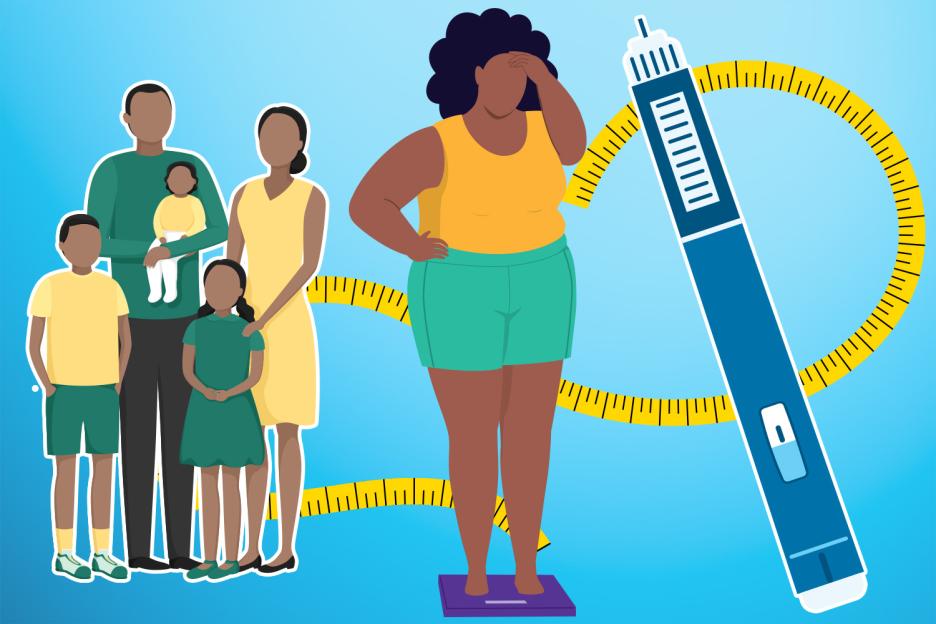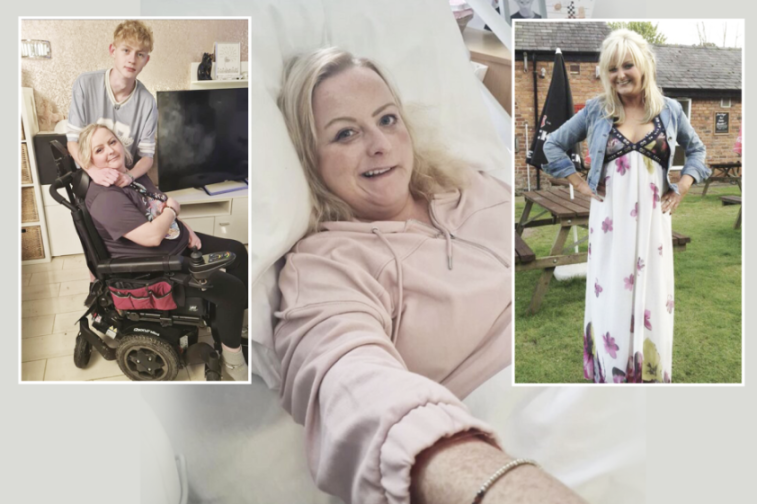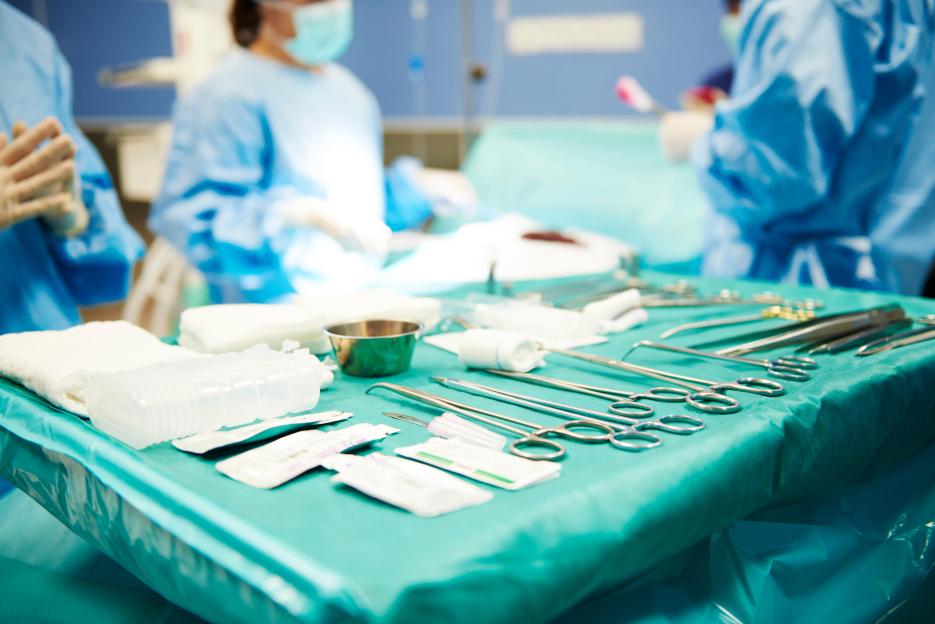SEVERAL stone lighter and feeling fabulous – you should be celebrating your weight loss, but what if you’re at risk of piling it back on?
The dreaded weight regain might feel inevitable for most who use , but your past, including how you were raised, can offer clues as to how much you’re likely to pile back one, an expert reveals.
 Some people may be more susceptible to putting weight back on after stopping using weight loss jabsCredit: Getty
Some people may be more susceptible to putting weight back on after stopping using weight loss jabsCredit: Getty
“For many people, the jabs are a gift from the heavens and can provide a way to address life-long issues with weight,” says Ian Marber, one of the UK’s leading nutritionists who has helped clients shift weight for 25 years.
“The drugs aren’t new, and over my years in practice, I have worked with many clients who have taken them,” he says.
“There are over 1.5 million prescriptions being issued monthly in the UK alone – and the medication was initially prescribed for individuals who had type 2 – and then it became apparent that weight loss was a side effect.
“Taking a GLP can be hugely liberating.”
Indeed, Mounjaro users can expect to lose an average of 15 to 22 per cent of their body weight, while Wegovy users might shed up to 17 per cent.
But research by Oxford University has found people typically return to their starting weight one year and eight months after stopping.
The study, presented at the European Congress on Obesity in May, found that those taking Wegovy or Mounjaro regained an average of 1st7lbs (9.6kg) within a year, putting them on track to get back the 2st7lbs (16.1kg) they had lost in less than two years.
In his latest book The GLP-1 Handbook: Eating Well When Taking Weight Loss Medication, Ian says weight regain may be a result of returning ‘food noise’.
‘Food noise’ is the term given to the constant chatter about food and cravings people feel is silenced when they go onto GLP-1 drugs.
Thinking about food from the moment they wake up to the moment they go to bed is the reality for millions of people.
Having this shut down is an anecdotal experience of using GLP-1 medications, allowing the user to stop focusing on food, and finally allow them to lose weight.
“What has been termed ‘food noise’ is turned down, so that the desire to eat can be minimised, making eating less far easier than ever before.”
Of course, the medicine‘s power to reduce appetite and slow digestion also helps!
Ian says: “GLP-1 suppresses the appetite, so that eating fewer calories becomes relatively effortless – certainly compared to the cycle of being on and off a diet that has dominated so many people’s lives.”
It’s this cycle of dieting, often referred to as ‘yo-yo dieting’ that Ian warns is a key risk factor for weight regain.
 Nutritionist Ian Marber reveals the type of people most likely to regain weight as a result of ‘food noise’ that just won’t go awayCredit: Ian Marber
Nutritionist Ian Marber reveals the type of people most likely to regain weight as a result of ‘food noise’ that just won’t go awayCredit: Ian Marber
What is apparent though is that as soon as the medication stops, the food noise returns – and with it the weight.
“The consequences of stopping the medication are obvious – and unfortunate,” says Ian.
“The influence of the medication wears off, appetite returns, the food noise gets turned up, and, if we eat more, then weight is regained.”
MOST AT RISK
SO are there people who are more susceptible to food noise – and weight regain – than others?
According to Ian, yes.
“It’s interesting,” Ian explains: “I think there is a potential for a genetic predisposition to live with food noise, but the incredible thing is that in the vast majority of cases, the GLP medications do work whatever the origins and influences.
“What I’ve learnt during 25 years of clinical experience and from speaking to hundreds of people about food and weight is that people who have the longest history of dieting are more likely to be negatively affected by food noise.
“For these people, the noise they heard, often when they were growing up, was noise about weight.
“They might have been in a household where the adults were always on a diet and whose weight yo-yo’d.
“That seems to be the common denominator.
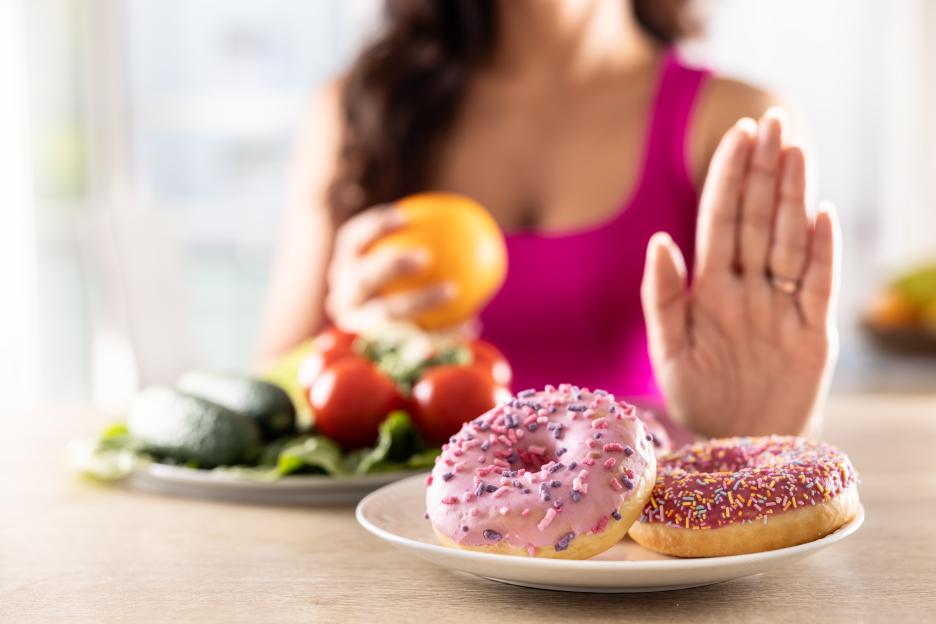 Women may be more likely to comfort eat due to hormonal changesCredit: Getty
Women may be more likely to comfort eat due to hormonal changesCredit: Getty
“The people who experience it the most might have had the longest history with this food noise, for example from their childhoods.”
And Ian believes there are very real differences between the sexes.
He explains: “Women might be more likely to comfort eat due to hormonal changes, for example, but women are much more aware of food and what they should and shouldn’t eat.
“Men are more likely to eat out of boredom, and it can very easily become a mindless, evening habit they will indulge in.
“Men who are 40+ are generally not so aware of food compared to their younger counterparts – who are much body conscious.”
But there’s also the history of a patient to consider.
“It might be that they gained weight due to a medical condition,” says Ian.
“There are medications that can make you put on weight such as steroids and others that can increase appetite such as antidepressants.”
HOW TO CHANGE YOUR WEIGHT REGAIN RISK
PERHAPS you already knew you were susceptible to food noise, especially if you ended up using .
But all is not lost – in fact, you can fine-tune the food noise to make it more aligned with your goals.
“You don’t want to turn off ‘food noise’ completely – but you do want to be able to manage it,” says Ian.
Ian explains: “For many people the food noise is always there but it changes.
“If they’re in a period of their lives – where they’re being ‘good’ – they’re making healthy food choices and , for example, the noise is there, but it’s positive.
“However, if they’re starting to make more unhealthy choices, or eating more than they should, then the noise becomes negative – and might bring a sense of shame or unhappiness.”
Ian says use the time you are on GLP-1 medications wisely, to shift your mindset around food.
“In my view, there is a golden opportunity for people to reframe how they feel about food and nutrition while they’re using the jabs,” he adds.
“That way, it might mean that when they stop taking them, they have a much more positive relationship with food.
“I think we all have an idea of what a looks like and what foods are generally thought of as good for us.”
It’s difficult not to think about food when it’s ingrained in so many aspects of our lives – whether you are dieting or not.
“Making plans with friends and family might involve meeting for something to eat,” says Ian.
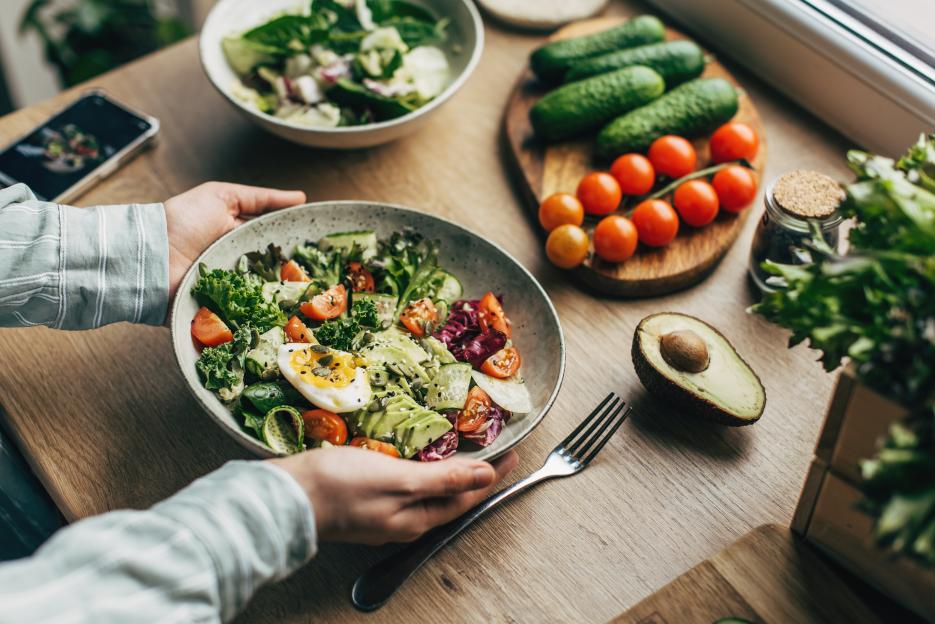 Shifting your mindset around food is key when taking fat jabs, says IanCredit: Getty
Shifting your mindset around food is key when taking fat jabs, says IanCredit: Getty
“Social media is filled with images of what and where your friends are eating.
“And then there’s shopping for food.
“For some people this can be an unpleasant experience, trying to focus on what they feel they ought to be eating when surrounded by so many temptations, as the food noise gets loud.
“Food really is everywhere and part of almost every aspect of life.
“People need to eat – and you want people to fancy a curry with their friends, or look forward to a lovely Sunday roast with the family, but you also want them to have periods where they’re not thinking about food and focusing on other things.
“The most important thing for people to have a successful relationship with food is to change the way they view it.
“Food is vital for all and it should be nourishing and enjoyable.
“People should be engaged in the process and reframe their thoughts about how food is just calories – it’s so much more than that: it’s sociable, it’s caring and it’s delicious!”
Other things that may reduce weight gain once you stop taking the medication include exercise.
Ian says: “Research shows that the people who have used the medication properly and have kept their muscle weight up are less likely to regain the weight so quickly.
“These are the people who might have used the time to develop a healthier relationship around food and to start exercising more.
“Some users find that a simple adjustment of the dose they’re taking might be enough to reduce the food noise to a manageable volume – and that is working for a lot of my clients.
“These are the people who are getting to the stage where they’re nicely hungry and can enjoy food, but are able to stop themselves when they’ve had enough.
“The key to remember is that eating should be a pleasurable experience and with a few small changes the food noise can be silenced.”
The GLP-1 Handbook: Eating Well When Taking Weight Loss Medication (Piatkus, £16.99) is out now
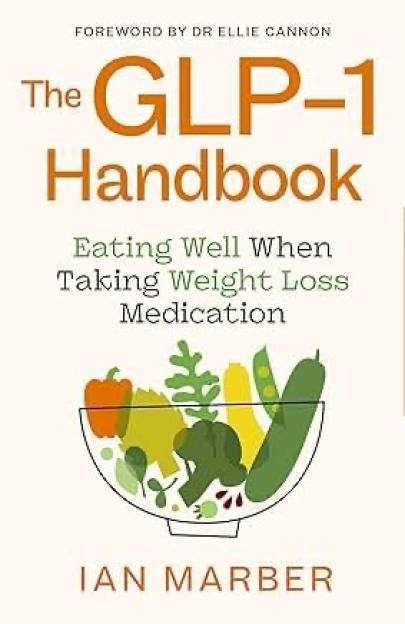 The GLP-1 Handbook: Eating Well When Taking Weight Loss MedicationCredit: Ian Marber
The GLP-1 Handbook: Eating Well When Taking Weight Loss MedicationCredit: Ian Marber THINGS TO KNOW BEFORE TAKING FAT JABS
Not a stand-alone solution: Jabs are a tool to support weight loss, not the sole solution. They must be used in combination with a reduced-calorie diet and increased physical activity for safe and effective results.
Gradual dosing: Treatment starts at a low dose and gradually increases over several weeks. This helps your body adapt and minimises side effects.
Proper injection technique: A healthcare provider will show you the correct, sterile procedure for self-injection into the abdomen, thigh, or upper arm. Rotate the injection site weekly to avoid skin irritation.
Long-term commitment: The effects of the medication wear off when you stop taking them, and weight regain is common if you return to old habits. Lifestyle changes must be sustainable and long-term. The NHS often provides support for a year after stopping the medication to help maintain the weight loss.
Nutrition focus: The reduced appetite means you must be mindful to eat nutrient-rich foods, including enough lean protein, to maintain muscle mass and avoid nutritional deficiencies.
Stay hydrated: Drink plenty of water to manage side effects like headaches and prevent dehydration.
